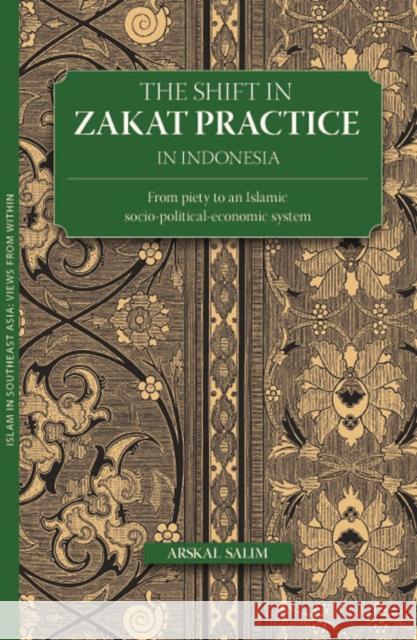The Shift in Zakat Practice in Indonesia: From Piety to an Islamic Socio-Political-Economic System » książka
The Shift in Zakat Practice in Indonesia: From Piety to an Islamic Socio-Political-Economic System
ISBN-13: 9789749511084 / Angielski / Miękka / 2008 / 111 str.
The Shift in Zakat Practice in Indonesia: From Piety to an Islamic Socio-Political-Economic System
ISBN-13: 9789749511084 / Angielski / Miękka / 2008 / 111 str.
(netto: 60,10 VAT: 5%)
Najniższa cena z 30 dni: 62,72
ok. 30 dni roboczych
Dostawa w 2026 r.
Darmowa dostawa!
Zakat, one of Islam's Five Pillars, is the practice of giving a fixed proportion of one's financial assets to those in need, thereby purifying both one's soul and one's remaining wealth. In Indonesia, since the coming of Islam, zakat has been a means of worship, and its collection has been voluntary and decentralized.Arskal Salim's study argues that in the post-New Order regime (1966-1998) zakat practice changed structurally and institutionally through the enactment of a law on zakat management, followed by the establishment of a national zakat agency. A cultural shift is now in progress with two possible outcomes: either zakat collection will become compulsory and centralized or it will become such an intricate part of taxation law that it loses its spiritual relevance.











